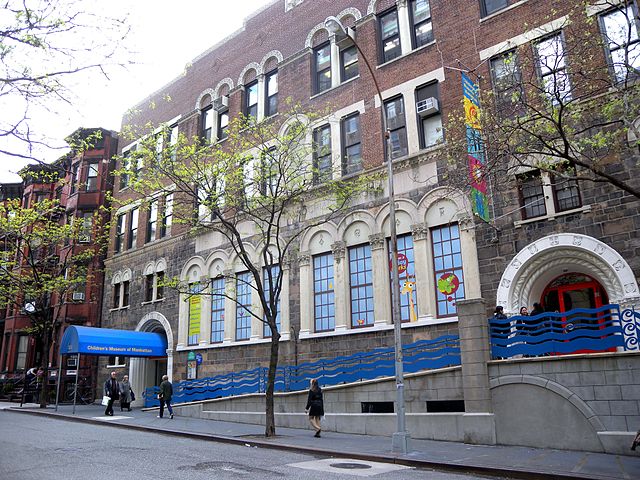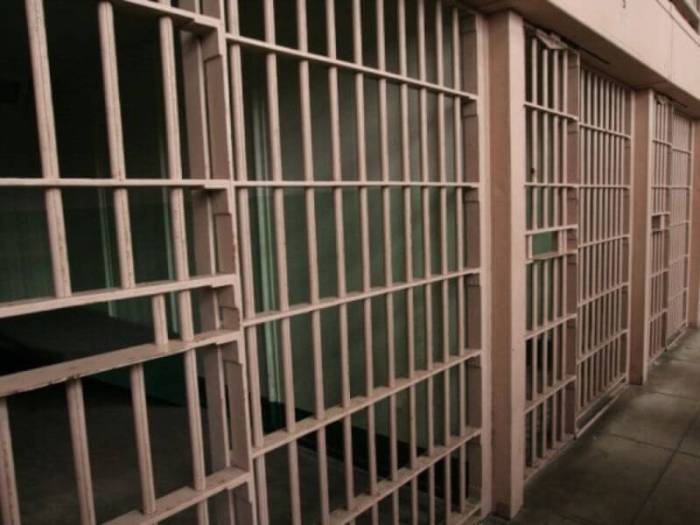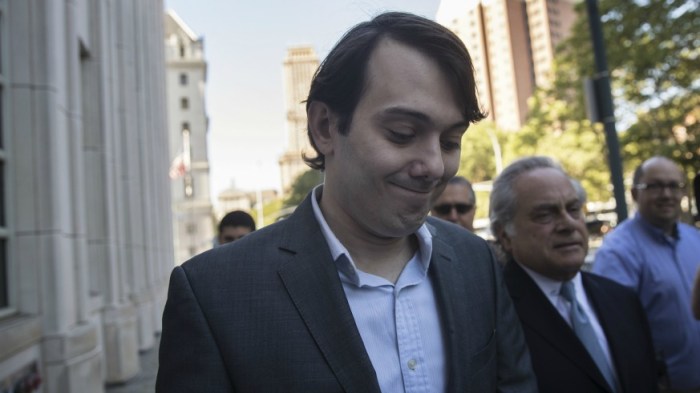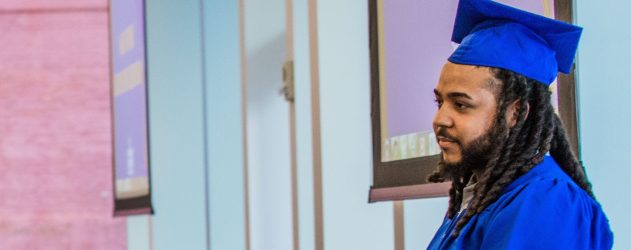Even when closed to the public, the Children’s Museum of Manhattan will be teeming with activity per a new pilot program — as a place where incarcerated women can connect with their children.
First Lady Chirlane McCray announced on Tuesday the start of a pilot program with the museum and the Department of Corrections to unite the families of women currently at Rikers Island.
Through the program, select women, children and their custodial caregivers will be able to bond over arts activities held inside the museum when it is closed to the public.
This effort — which began with the first family visit on Monday, April 30 — is meant to ease the trauma of family separation when mothers are incarcerated.
“To be emotionally healthy, children must bond with a parent and spend quality time with that parent. It is a necessity for their mental health and overall well-being,” the First Lady said in a statement. “Time spent together outside of a jail environment, making art, dancing, and enjoying music will provide children with opportunities to express themselves and relieve the anxieties that so many families of incarcerated women experience.”
This method of using art to ease those anxieties is based on other tested programs at the Children’s Museum, officials said, which use art-making to “positively influence behavior” via a Health and Learning Hub program.
McCray previously announced a $6 million investment toward breaking the cycle of incarceration for women, and this newest program is in line with those efforts to support family connections and stability.
Women make up 7 percent of the overall jail population in New York City, according to the mayor’s office, and the majority of those women have a child at home or are the primary caretaker of another family member.
“The trauma of incarceration can have lasting health impacts for the person in prison and their loved ones outside of it, particularly children,” said Health Commissioner Dr. Mary T. Bassett in a statement. “This initiative is a way to strengthen familial supports, which are important for the mental and physical health of mother and child.”
















